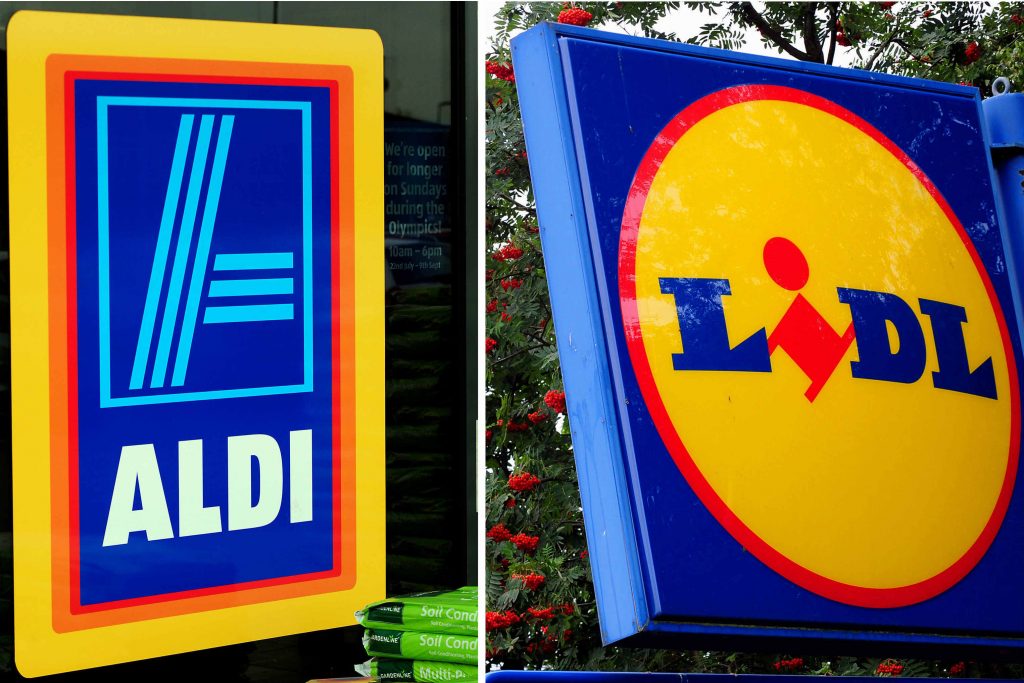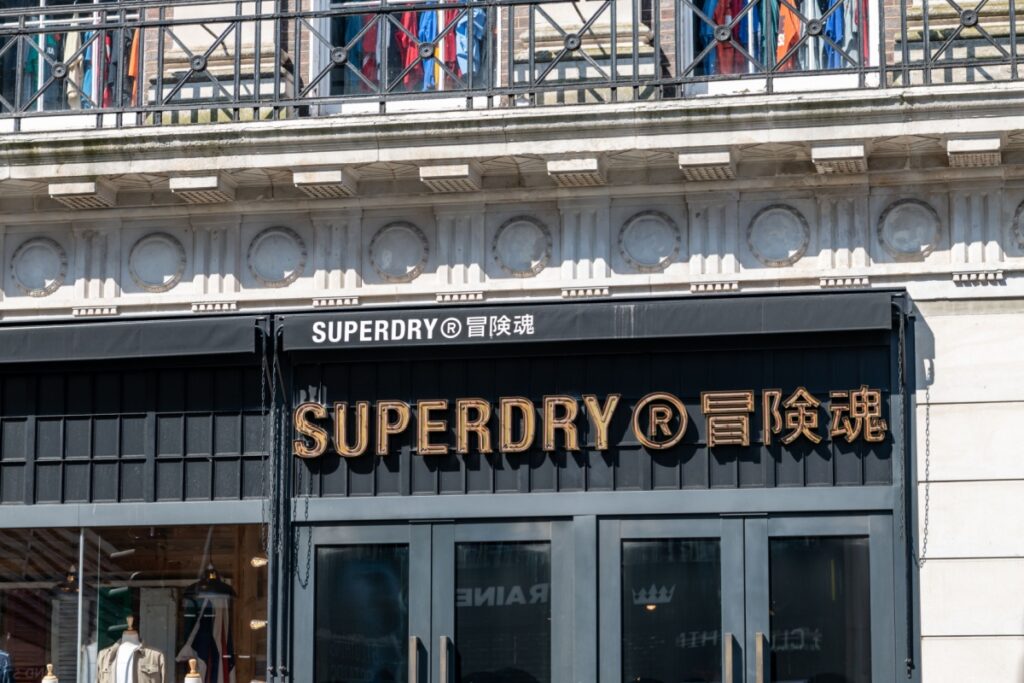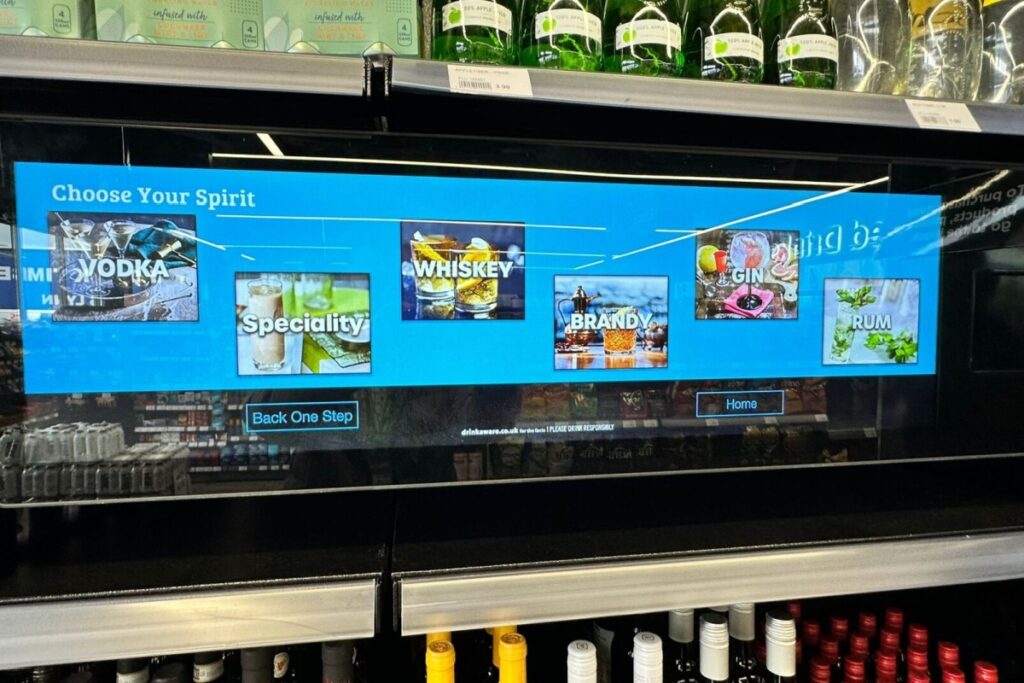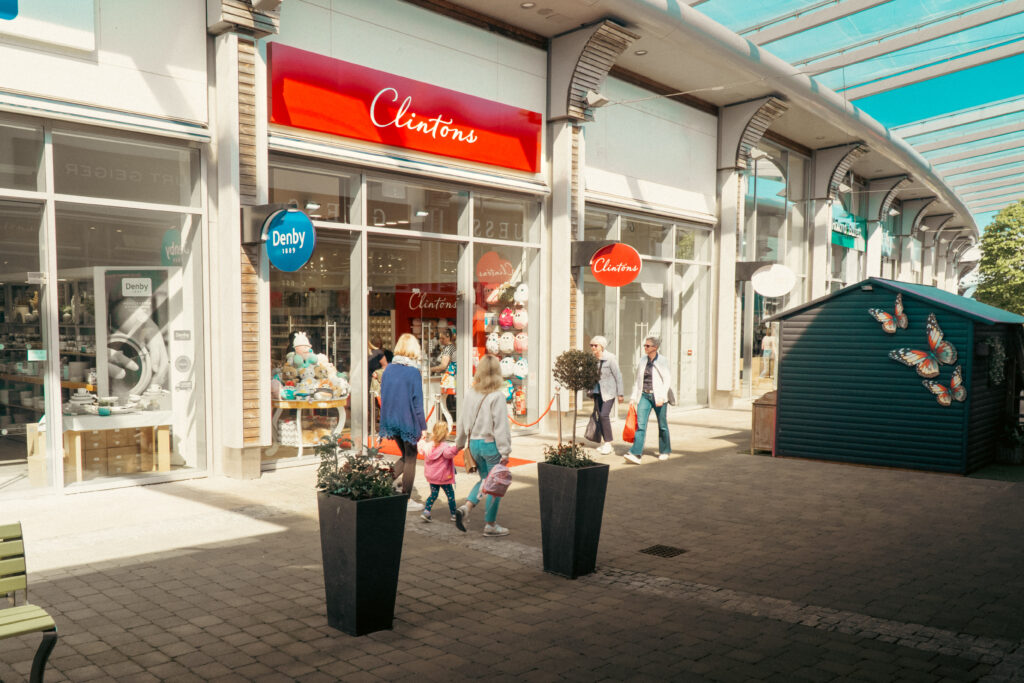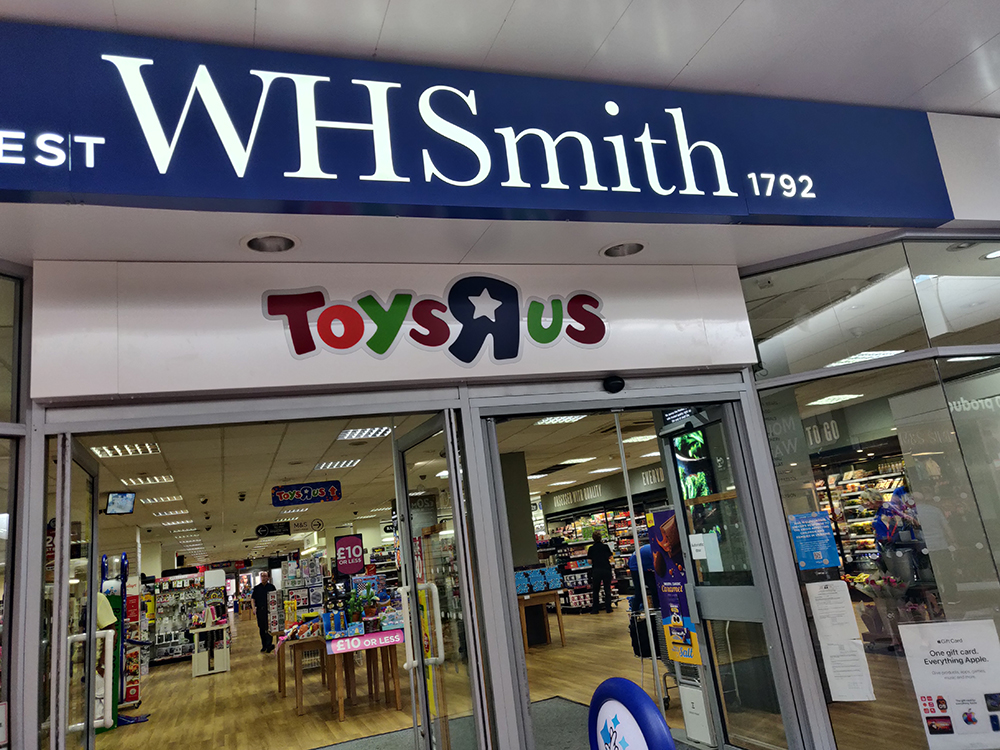With the cost-of-living crisis at the forefront of shoppers’ minds, it’s no surprise so customers have jumped ship from the traditional big four supermarkets to discounters.
Aldi recently revealed its profits had tripled in the 12 months to December 2022, and that it planned to invest £1.4bn in its expansion spree across the UK over the next two years.
By contrast, rival discounter Lidl unveiled a £76m annual loss earlier this month, however sales soared 19%.
Retail Gazette looks at the different set of results and what the future holds for both discounters.
Comparing the numbers
It looks like a tale of two discounters on the face of it, however, digging deeper there are other factors at play.
Lidl blamed its large pre-tax loss on “significant investments in prices, colleagues, suppliers and future growth”.
The grocer invested £100m in keeping prices lower than the traditional supermarkets and a further £50m in increasing its minimum hourly pay for staff over the year.
However, it made an even bigger investment in its expansion plan, opening 50 new branches to Aldi’s 18.
It also opened its largest warehouse globally in Luton, following a £300m investment, and extended its Belvedere warehouse.
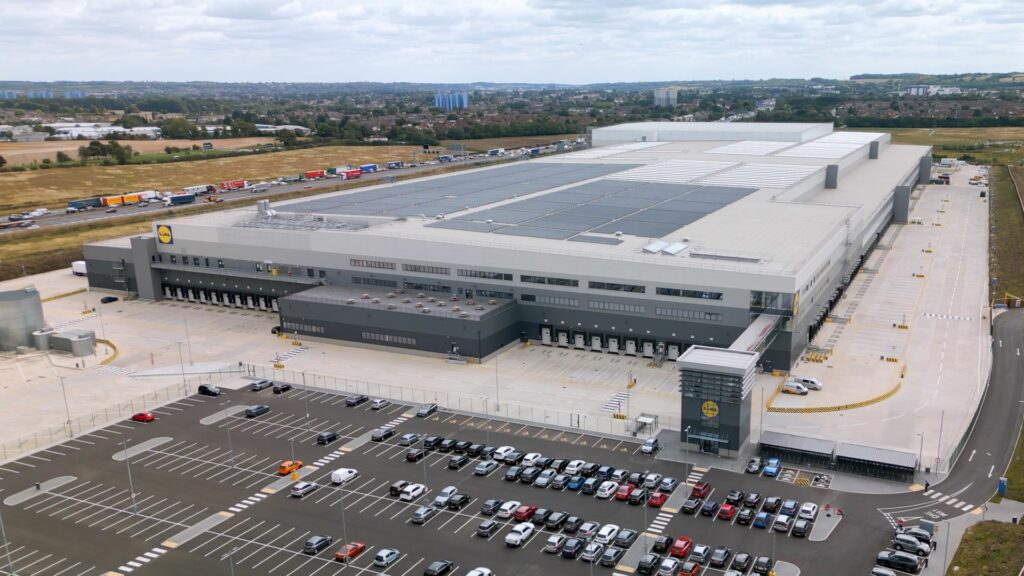
Lidl GB CEO Ryan McDonnell says there is “no ceiling” to its ambitions in the UK and that it saw the potential for hundreds of new stores.
Kantar Consulting associate director Sophie Carroll says: “Lidl has been hit by higher costs, including new stores, energy, transport, procurement and financing.
“Yes, Lidl UK swung to a loss but sales and customer numbers have soared. It ultimately chose not to pass on these cost increases to consumers, but invested instead in keeping prices low”.
Indeed, Lidl added more than 1.4 million new customers during the period, compared with Aldi’s 1 million. Its market share increased from 6.1% to 7.1%, which it claims is the most rapid growth experienced by the discounter over the past five years.
Retail Economics CEO Richard Lim argues that Aldi is in “more of a market leading position” whilst Lidl is focused on growth at all costs.
He says: “Where Lidl is a little less mature in the market and on a big growth expansion, there’s probably the tendency for it to sacrifice some of its margin in a trade off for growth and market share compared to Aldi.”
While Aldi’s performance looks stronger on a profit basis – a phenomenal 197% uplift from £60.2m to £178.7m in 2022 – it must be pointed out that the previous year’s performance was particularly weak.
In 2021, when Covid undoubtedly hit the business, Aldi’s profit margin fell to an 11-year low of 0.4%.
Despite the recovery in profits in 2022, its 1.2% margin is not mind-blowing and Global Data senior retail analyst Eleanor Simpson-Gould points out that it is lower than the 2.4% it achieved in 2019.
Even this is lower than the 3.9% margin Tesco achieved last year, or the 2.99% notched up by Sainsbury’s.
Store expansion may have slowed for Aldi last year and it seems to have quietly dropped its long-term goal of having 1,200 stores by 2025.
However, it has revealed plans to invest £1.4bn in new and improved stores and distribution centres over the next two years.

Simpson-Gould sounds a note of caution on its plans.
“Lidl’s expansion perhaps comes as a cautionary tale for Aldi’s proposed investment in store and distribution plans,” she says.
“Aldi must ensure the viability of further expansion is well strategised to reduce pitfalls incurred by Lidl and refrain from diluting its operating model strengths.”
But which discounter is on top?
According to brand research data from consultancy Mintel, Aldi outperforms Lidl in terms of being a “favourite retailer, offering an excellent experience and being a recommended retailer”.
Aldi has certainly invested in its store experience, with its new generation stores a far cry from the utilitarian stores of old.
However, Lim points out that Lidl has also “upped its game in terms of customer experience in store”.
“It’s invested in the store environment and modernised a lot of its stores” he says.
Mintel director of retail research EMEA Neil Mason believes Aldi will continue to outperform Lidl in the longer term as he believes that – despite last year’s showing – its store expansion strategy is “bolder and more aggressive”.
IGD senior insight analyst Dan Butler agrees that Aldi looks set to retain its lead as he believes Lidl could find funding future expansion challenging.
“Lidl is relying on loans for funding and the current interest rates are not favourable,” he says.
It emerged over the weekend that the retailer is facing increased borrowing costs, with the interest bill on its debts almost trebling to £108m in its last financial year.
Butler believes this will pour cold water over store expansion plans.
He says: “It is likely that Lidl will only open around 20 UK stores in 2023, compared to previous years where it would be opening around 50 new locations.”

Kantar’s Carroll points out that that Lidl’s owner has been happy to invest in its growth.
“Lidl, and parent company, Schwarz Group say they are relaxed about current profit levels because they are focused on the long-term opportunity, which we can see evolving across the ecosystem the group is constructing,” she says.
However, Lim points out while the discounters are battling with each other, “the main opportunity lies in whether they can take market share off the traditional big four supermarkets” as shoppers trade down.
“I wouldn’t be able to pick out one winner over the other, but it will be the supermarket that can adapt the fastest to the opportunity. The one that continues to drive efficiencies within their business.
“Some of those efficiencies are going to be in things like investing in technology, driving better efficiencies in supply chain, trying to invest in better customer service and keeping a forensic eye on their profitability.
“But I would probably say from a market perspective, they are both going to be winners.”
What next for the discounters?
Where should the discounters be focusing to propel future growth at the business?
Mason believes Aldi should focus on both online and its non-food offer.
In terms of online, Aldi has showed little sign of wanting to develop a full online grocery offer. In fact, it recently ended the online delivery of its Specialbuys and stopped selling wine online in January.

However, Mason believes its click-and-collect offer, which it launched in 2020 in the midst of the pandemic, could be expanded.
Aldi chief executive Giles Hurley hinted at major expansion plans for click-and-collect at the end of 2022 and told shoppers to “watch this space” when it came to rolling out the service across more of its stores.
However, Which? revealed that the grocer had actually ditched the service at 12 of its stores, citing a lack of uptake from shoppers.
Mason also believes that both Aldi and Lidl could look to expand their non-food offer, as their middle aisle offer has always been popular with online shoppers.
Lim adds that customer data is going to be “absolutely critical” for both discounters in order to “enhance the lifetime value of their customers”.
Since Aldi famously doesn’t have a loyalty card scheme, this could become a key difference between the competing supermarkets.
Lidl’s loyalty scheme turns to gamification to stand out, in stark contrast to the member pricing model that many supermarkets have adopted.
The Lidl Plus app taps into gambling and has used both ‘spin the wheel’ and scratchcards to win a prize after every shopping trip, providing the instant gratification that many crave.
However, the biggest factor for both retailers is to try to retain the custom they have attracted during the cost-of-living crisis.
Carroll believes they can do it: “‘Discount shopping is here to stay’ to quote Hurley,” she says.
“As a result, both Lidl and Aldi are poised for continued growth, much as they did in the wake of the 2008 financial crisis”.
Hurley himself says shoppers are using Aldi in a different way and it has become shoppers’ first-choice supermarket for their weekly shop, rather than just a “top up”.
Hurley says: “What we’re seeing is a new generation of savvy shoppers who’ve turned their back on traditional, full-price supermarkets in favour of transparent, low prices, which is what we’re famous for.
“That’s why we’re still welcoming more and more customers through our doors – people who come to us for our low prices but stay for the award-winning quality of our exclusive brands.”
Let’s see if that quality – as well as price – can convince shoppers to stick with the discounters as inflation finally eases.
Click here to sign up to Retail Gazette‘s free daily email newsletter

